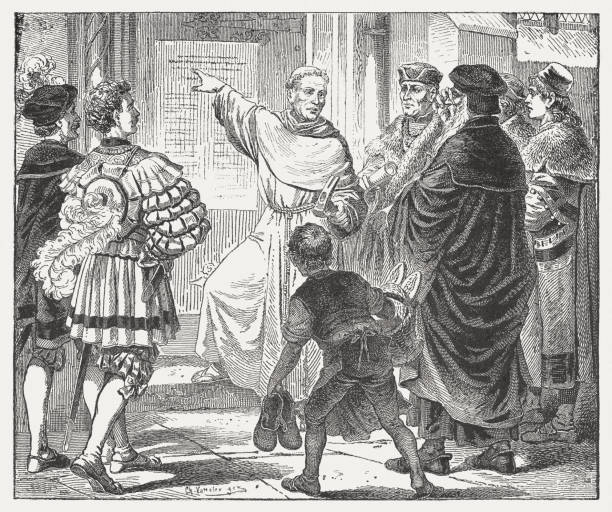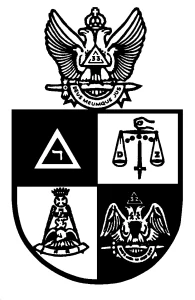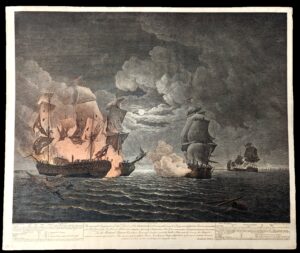On this day in history, October 31, 1517, a German monk named Martin Luther forever changed the course of Christianity. Luther, a professor of theology at the University of Wittenberg, nailed his “95 Theses” to the door of the Castle Church in Wittenberg, Germany. His document challenged the Catholic Church’s sale of indulgences (payments people could make to reduce punishment for sins) and questioned the authority of the pope. What began as an academic call for debate quickly grew into one of the most significant religious revolutions in history: the Protestant Reformation.
Luther’s bold act was fueled by his belief that salvation could not be bought or earned through good works, but was instead granted by faith alone. The invention of the printing press helped spread his ideas rapidly across Europe, allowing ordinary people to read and interpret the Bible for themselves. Within a few years, Luther was excommunicated by the Catholic Church, but his movement had already taken root. Communities throughout Germany and beyond began forming new churches that followed his teachings, breaking away from centuries of Catholic dominance.
The long-term effects of Luther’s protest are still felt today. His ideas laid the foundation for Lutheranism, one of the first Protestant denominations, and inspired countless others such as Calvinism, Anglicanism, and later Baptist and Methodist traditions. The emphasis on personal faith, the authority of Scripture, and the translation of the Bible into common languages reshaped not only religion but also education, culture, and politics across Europe.
Modern-day Lutheran and Protestant churches continue to carry Luther’s legacy. His focus on faith, grace, and the priesthood of all believers remains central to their beliefs. The Reformation also set the stage for religious freedom and diversity, principles that are deeply valued in many societies today. More than five centuries later, Martin Luther’s actions on that October day still remind the world of the power of conscience, faith, and the written word to change history.





